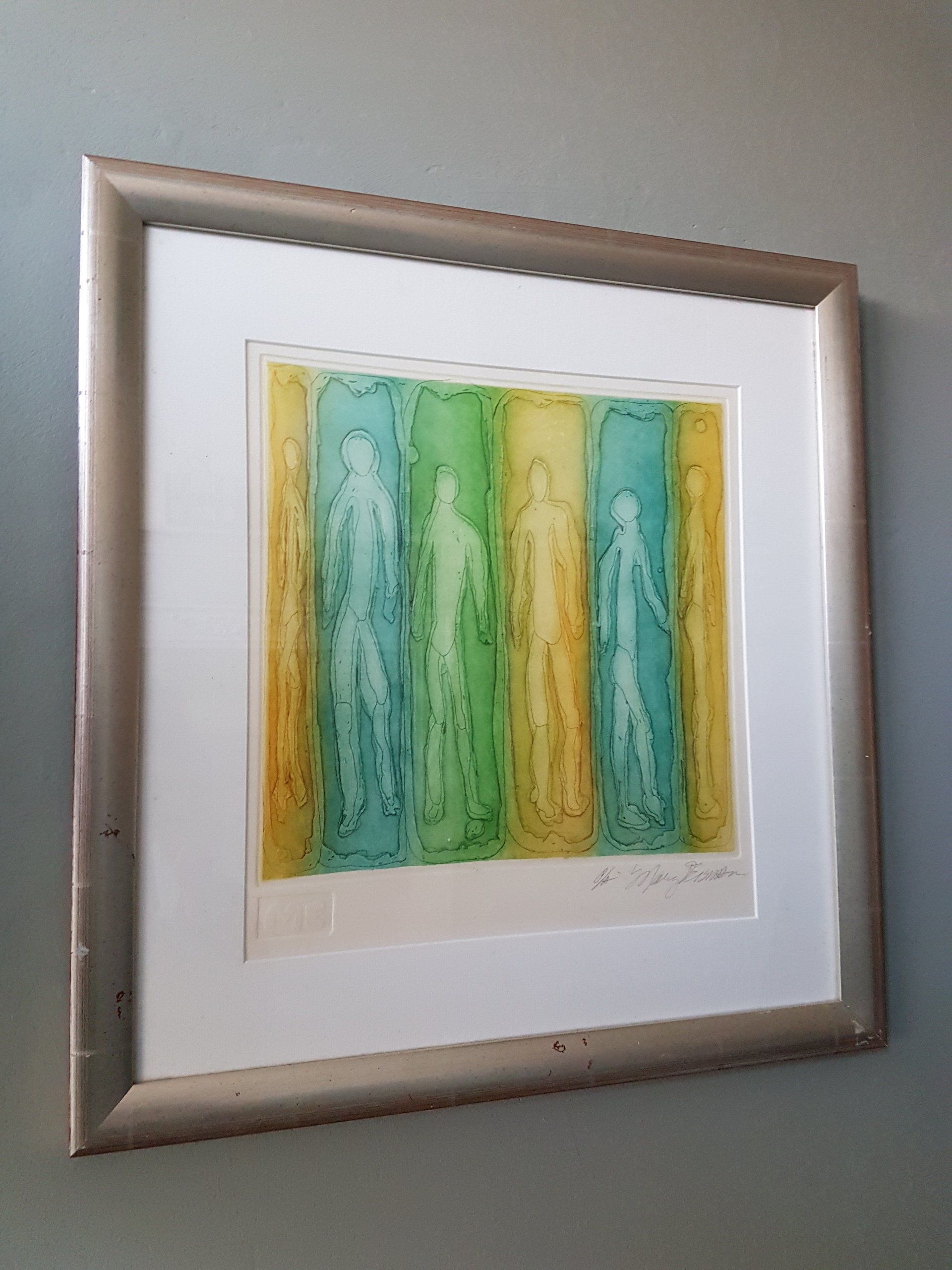Anxiety
Anxiety
Anxiety is what we feel when we are worried, tense or afraid – particularly about things that are about to happen, or which we think could happen in the future. Anxiety is a natural human response when we perceive that we are under threat. It can be experienced through our thoughts, feelings and physical sensations.
When is anxiety a mental health problem?
When is anxiety a mental health problem?
Anxiety can become a mental health problem if it impacts on your ability to live your life as fully as you want to. For example, it may be a problem for you if:
• your feelings of anxiety are very strong or last for a long time
• your fears or worries are out of proportion to the situation
• you avoid situations that might cause you to feel anxious
• your worries feel very distressing or are hard to control
• you regularly experience symptoms of anxiety, which may include panic attacks
• you find it hard to go about your everyday life or do things you enjoy.
If your symptoms fit a particular set of medical criteria then you might be diagnosed with a particular anxiety disorder. But it's also possible to experience problems with anxiety without having a specific diagnosis.
What are anxiety disorders?
Anxiety can be experienced in lots of different ways. If your experiences meet certain criteria your doctor might diagnose you with a specific anxiety disorder.
Some commonly diagnosed anxiety disorders are:
• Generalised anxiety disorder (GAD) – this means having regular or uncontrollable worries about many different things in your everyday life. Because there are lots of possible symptoms of anxiety this can be quite a broad diagnosis, meaning that the problems you experience with GAD might be quite different from another person's experiences.
• Social anxiety disorder – this diagnosis means you experience extreme fear or anxiety triggered by social situations (such as parties, workplaces, or any situation in which you have to talk to another person). It is also known as social phobia.
• Panic disorder – this means having regular or frequent panic attacks without a clear cause or trigger. Experiencing panic disorder can mean that you feel constantly afraid of having another panic attack, to the point that this fear itself can trigger your panic attacks.
• Phobias – a phobia is an extreme fear or anxiety triggered by a particular situation (such as social situations) or a particular object (such as spiders).
• Post-traumatic stress disorder (PTSD) – this is a diagnosis you may be given if you develop anxiety problems after going through something you found traumatic. PTSD can cause flashbacks or nightmares which can feel like you’re re-living all the fear and anxiety you experienced during the actual event.
• Obsessive-compulsive disorder (OCD) – you may be given this diagnosis if your anxiety problems involve having repetitive thoughts, behaviours or urges.
• Health anxiety – this means you experience obsessions and compulsions relating to illness, including researching symptoms or checking to see if you have them. It is related to OCD.
• Body dysmorphic disorder (BDD) – this means you experience obsessions and compulsions relating to your physical appearance.
• Perinatal anxiety or perinatal OCD – some women develop anxiety problems during pregnancy or in the first year after giving birth.
You might not have, or want, a diagnosis of a particular anxiety disorder – but it might still be useful to learn more about these different diagnoses to help you think about your own experiences of anxiety, and consider options for support.
What does anxiety feel like?
Anxiety feels different for everyone. You might experience some of the things listed below, and you might also have other experiences or difficulties that aren't listed here.
Effects on your body
• a churning feeling in your stomach
• feeling light-headed or dizzy
• pins and needles
• feeling restless or unable to sit still
• headaches, backache or other aches and pains
• faster breathing
• a fast, thumping or irregular heartbeat
• sweating or hot flushes
• problems sleeping
• grinding your teeth, especially at night
• nausea (feeling sick)
• needing the toilet more or less often
• changes in your sex drive
• having panic attacks.
Effects on your mind
• feeling tense, nervous or unable to relax
• having a sense of dread, or fearing the worst
• feeling like the world is speeding up or slowing down
• feeling like other people can see you're anxious and are looking at you
• feeling like you can't stop worrying, or that bad things will happen if you stop worrying
• worrying about anxiety itself, for example worrying about when panic attacks might happen
• wanting lots of reassurance from other people or worrying that people are angry or upset with you
• worrying that you're losing touch with reality
• rumination – thinking a lot about bad experiences, or thinking over a situation again and again
• depersonalisation – feeling disconnected from your mind or body, or like you're watching someone else (this is a type of dissociation)
• derealisation – feeling disconnected from the world around you, or like the world isn't real (this is a type of dissociation)
• worrying a lot about things that might happen in the future.














